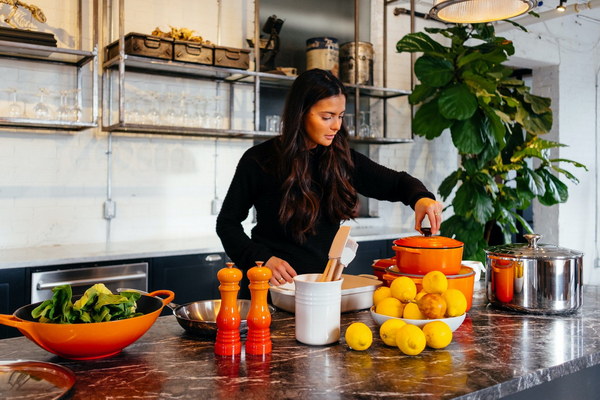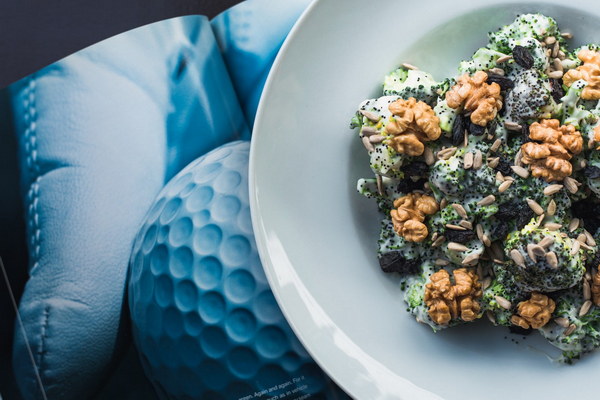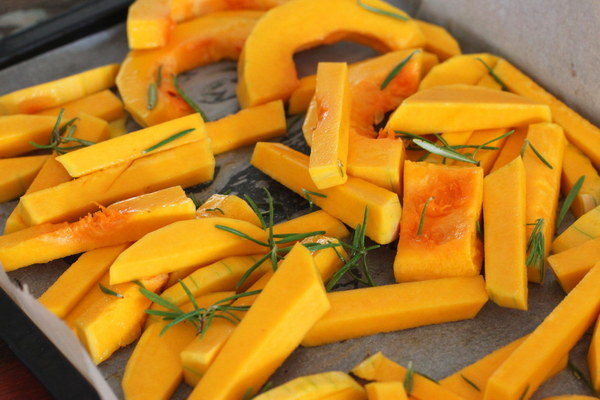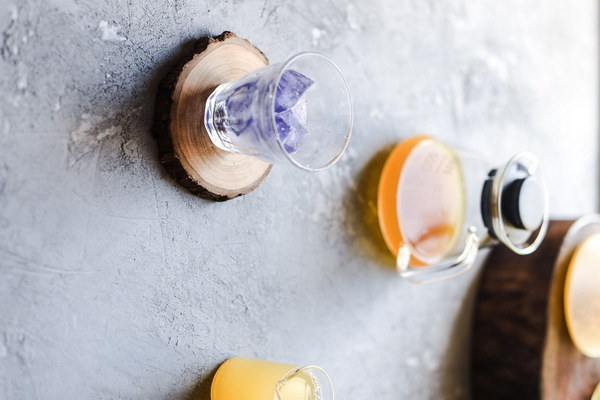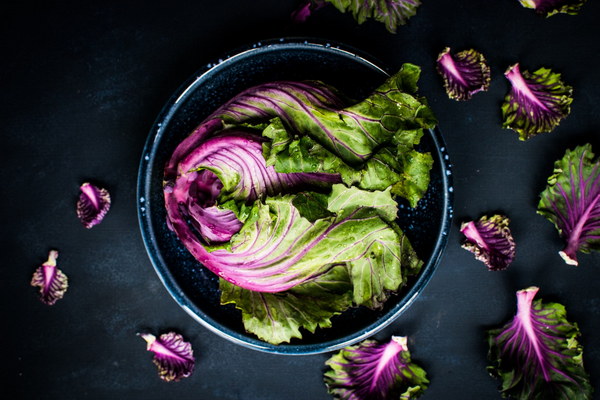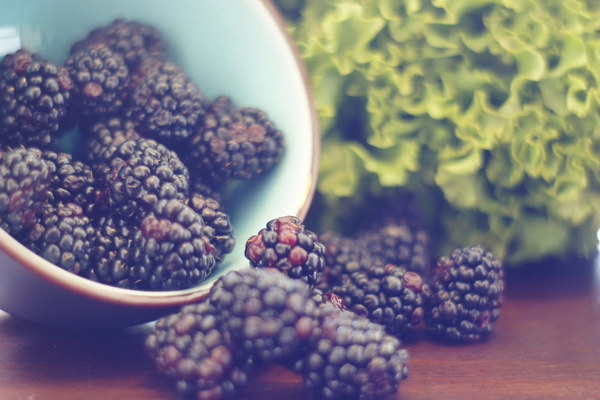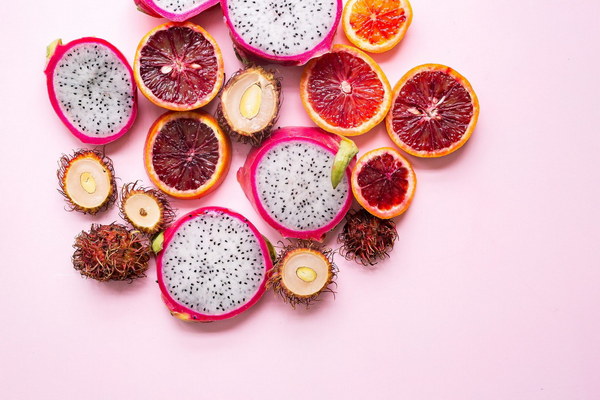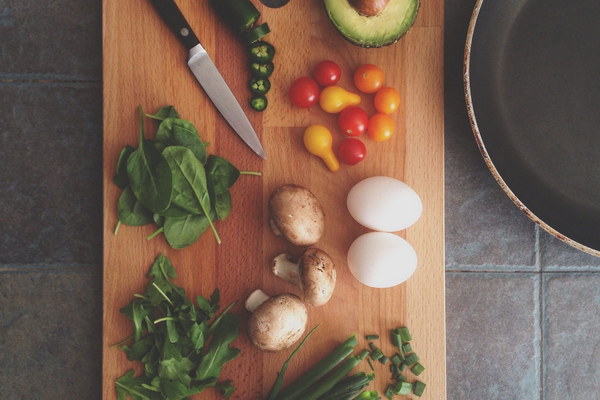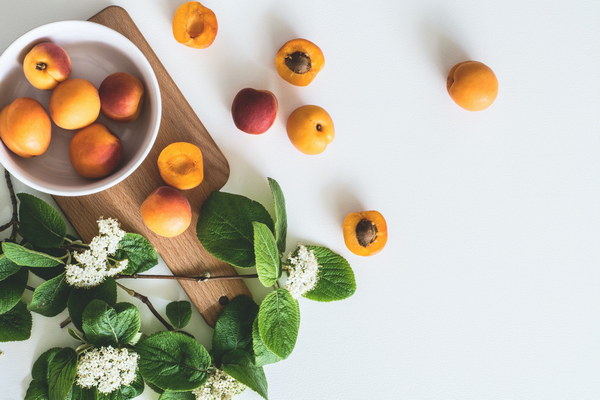Savoring the Healing Power of Herbal Teas A Home Brewed Retreat
As the world slows down to a gentle hum during the holiday season, there's nothing more rejuvenating than curling up at home with a steaming cup of herbal tea. This delightful ritual not only warms the soul but also nurtures the body, offering a multitude of health benefits. Embracing the art of home brewing herbal teas allows us to take a moment for ourselves, amidst the chaos of festive festivities. Let's embark on a journey to explore the healing power of herbal teas and how they can be a soothing sanctuary in the comfort of our own homes.
The Appeal of Herbal Teas
Herbal teas, also known as tisanes, have been cherished for centuries for their natural therapeutic properties. Unlike black or green teas, herbal teas are made from the leaves, flowers, fruits, or roots of plants, and they do not contain caffeine. This makes them an ideal choice for those seeking a relaxing beverage without the jittery side effects of coffee or black tea.
The variety of herbal teas available is vast, each offering unique flavors and health benefits. From soothing chamomile to invigorating ginger, there's an herbal tea to suit every taste and need. Here are some popular herbal teas and their benefits:
1. Chamomile: Known for its calming properties, chamomile tea is a favorite among those looking to unwind after a long day. It can help alleviate anxiety, promote relaxation, and even aid in digestion.
2. Ginger: A warming and invigorating herb, ginger tea is excellent for soothing an upset stomach, reducing inflammation, and boosting the immune system.
3. Peppermint: Perfect for soothing a sore throat or easing indigestion, peppermint tea is also known for its refreshing and minty flavor.

4. Lemon Balm: This aromatic herb has a calming effect on the nervous system and can help with anxiety, depression, and insomnia.
5. Echinacea: A well-known immune-boosting herb, echinacea tea can help prevent colds and flu and may even shorten the duration of an illness.
Brewing Your Own Herbal Tea
Creating your own herbal tea is a simple and rewarding process. Here's a basic guide to get you started:
1. Gather your ingredients: Choose the herbs you wish to use, ensuring they are of high quality and free from pesticides. Dried herbs are often preferred, as they are more potent than fresh ones.
2. Measure your herbs: A general guideline is to use about 1-2 teaspoons of dried herbs per cup of water. Adjust the amount according to your taste and desired strength.
3. Boil water: Use fresh, cold water, and bring it to a rolling boil.
4. Steep the herbs: Once the water has reached a boil, remove it from the heat and pour it over the herbs. Cover the pot or cup and let it steep for 5-10 minutes, depending on the herb's strength.
5. Strain and serve: Pour the tea through a fine-mesh strainer or cheesecloth to remove the herbs. Add honey, lemon, or a splash of milk to taste, if desired.
Creating Your Own Tea Blend
For a personalized experience, consider creating your own herbal tea blend. Combine different herbs that complement each other's flavors and properties. For example, a blend of chamomile, ginger, and lemon balm can provide a soothing, immune-boosting, and relaxing cup of tea.
Enjoying the Experience
Take a moment to savor your homemade herbal tea. Pour it into a beautiful mug, perhaps adorned with a festive pattern or a serene image, and find a quiet spot to enjoy it. Let the warmth and aroma envelop you, allowing the healing power of the herbs to work their magic.
In conclusion, brewing and drinking herbal teas at home is a wonderful way to unwind, rejuvenate, and take care of your health. Embrace the art of herbal tea making this holiday season, and let it become a cherished tradition that brings comfort and joy to your life.
